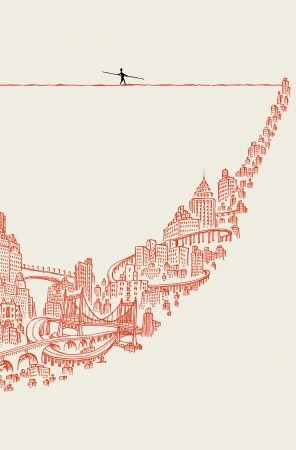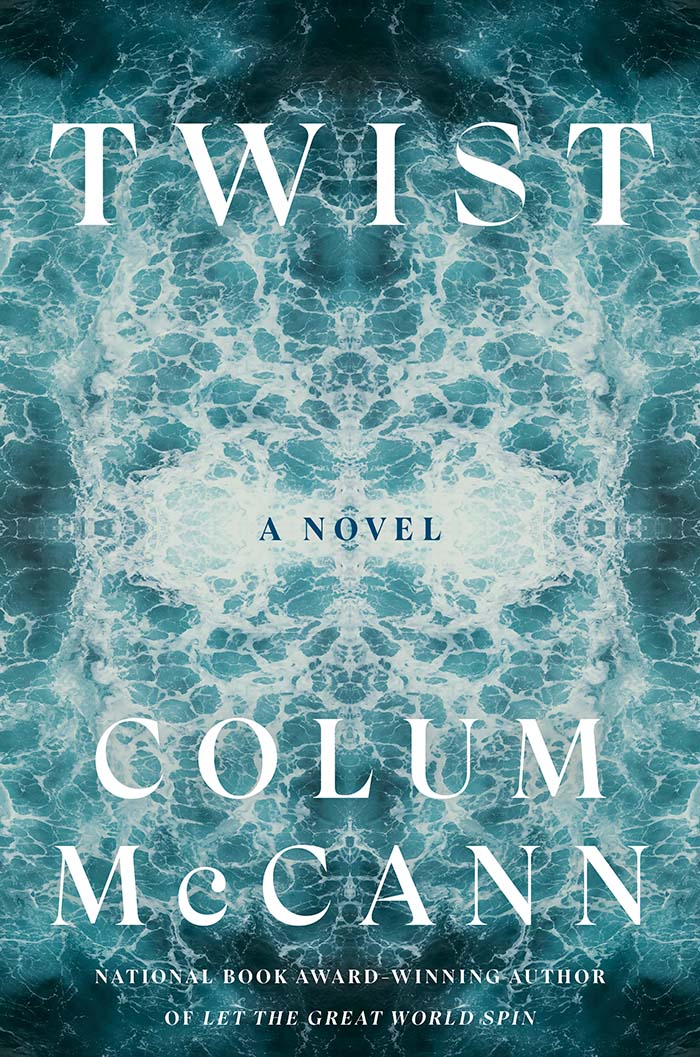
Who What Where When How and Why
This sounds inane, but do you really know who is telling your story? And do you know why they want to tell it? And do you know where they’re telling it from? And do you know when, in terms of time, they are telling the story? And do you know exactly what happened? And do you know how it all occurred? The who-what-how-when-where-why construction is the fuel of the writer’s fire. If it’s an omniscient or third-person narrator, that’s fair enough, there you go, you’re God, and God gets away with just about everything (even Her own capitalization). But if you’re doing a first-person narration you have to ask yourself a lot of very important questions. Firstly, who is telling the story? This is the easiest one. You decide on a narrator and you begin to breathe life into them: embark on that adventure. Secondly, where are they telling it from? This is a tougher proposition. You must imagine the geography of the place from which your character has decided to tell the story. Imagine the very room, the city, the countryside, the place in which they dwell and in which they have chosen to tell the story. Even the wallpaper affects the nature of our words. The table. The window. The hospital bed. The jail cell. The typewriter. The tape recorder. Never forget this — place affects language. It always has and always will. Telling a story from Birmingham jail is a lot different to telling the story from the banks of the Mississippi. Telling a story from 7 Eccles Street is a lot different to telling the story from a bordello in Zurich. So, consider carefully where your narrator is sitting when they tell their story. Thirdly, when in time are they telling the story? This one’s crucial and something even the best writers often tend to forget. From what point in time is something remembered? Telling a story that happened yesterday is a lot different from telling a story that happened ten or twenty years ago. The moment of the drama is inherently changed. You must know at what point they have decided to open their veins to the story. Something held for twenty years is a lot different from something held for twenty minutes. So make a decision and stick to it. Know when your character is telling the story. Time is distance. Distance is perspective. Perspective is all about language. So, know all three to enable the fourth. And then let the story unfold in whatever time seems true. (The present tense of a first-person narration is very tricky indeed — how can someone be telling a story while they are simultaneously experiencing it?) You must discover the moment of the story. This is the thing upon which everything hinges. When is the absolute moment of the story? When is it that everything matters? When did the world change? When did the clock hands stop? Fourthly, what happens? This is commonly called plot (more on that later), but it is also helixed in with all the other questions. What happens is influenced by the who and the where and the why. The narrator will only tell his version of events. He may or may not be unreliable (in fact, nearly every first-person narrator is essentially unreliable). The “what” is the human music of time ticking. And, fifthly, how does it tie in with everything that has gone before? How has it unspooled itself into the world? How have things happened? How is it that we have learned to remember, or catch the moment in flight? And lastly – and this one may be the most elusive – do you know why your narrator is telling the story? Everyone has a need to tell a story. Everyone tells their story for a reason. Stories are told for multiple reasons – to heal, to murder, to steal. Every story has a purpose. Stories send our kids to war. Stories open our pockets. Stories break our hearts. Uncover the storyteller’s need for telling her story. Find the reason behind her reasoning. Who is telling the story? And where are they telling it from? And when are they telling it? And what happened? And how did it all unfold? And then ask why again. Why? And why why?
